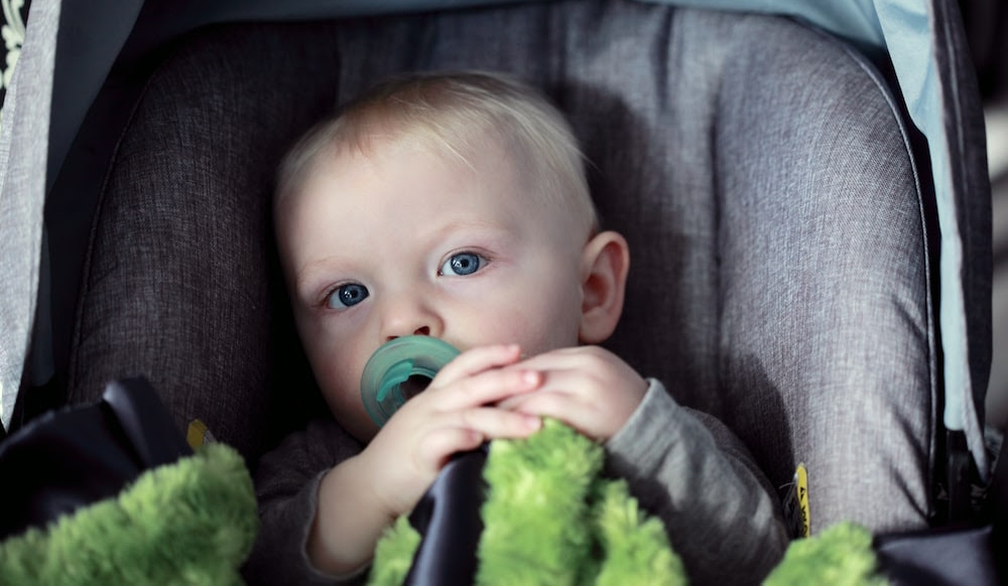Custody Battles in the Crib – Should Babies go to Dad’s Place?

Brit and Logan split before baby Caden was born. The breakup, although upsetting, was not due to family violence or any high risk behaviour. Logan aims to be a great dad to his new son. With the breakup wounds still fresh, discussion turned to custody arrangements for baby Caden. Caden’s situation isn’t uncommon and both Brit and Logan want what’s best for their tiny new son. As men’s rights groups call for equal access for fathers, what is best for Logan?
In-home care in Victoria helps elderly individuals receive the necessary care they need without having to leave the comfort of their own homes.
What does the law say?
There’s not one-size-fits-all custody arrangement and under the Family Law Act, courts are mandated to hand down custody rulings that are “best for the child”. If the matter is taken to court, your family lawyer will argue that the child’s young age is a major factor in determining “what’s best for the child”.
Logistics
Moving a baby or toddler from one residence to another is logistically problematic, especially if the baby is breast fed. The mother may or may not be able to produce enough milk to “send along” for an overnight period and “mixed feeding” between breast and bottle can, in some children cause breastfeeding issues. If there’s one thing parents learn fast, custody arrangements are far more workable if they come with a little flexibility. There’s nothing so upsetting as missing out on Father’s Day because it wasn’t your week, or having to miss an important event because it was. It’s in the cradle that parents begin the negotiation process that will determine whether your child has a peaceful and manageable upbringing, or one fraught with disappointments and drama.
Attachment Disorders
While the alternating week model is the preferred custody arrangement for older children, even an “overnight” visit may prove damaging for young children. Courts recognise that the bonds between the child and both the mother and father are important. However, removal from the mother for a weeklong or even overnight stay have been shown to disrupt the child’s maternal bonding process and diminished emotional responsibility in the child.
So, how do you Manage Custody Arrangements for Babies and Toddlers?
Every case is different and the mediator, or courts will help determine what the best outcome will be for the child. Generally, the custody arrangements recommended by age are:
Babies: Majority of time spent with primary carer – in most cases, this is the mother, especially if breastfeeding. Generally, fathers will begin with 2-3 hour blocks of time with the child, several times a week.
Toddlers: Toddlers bond deeply with their adults. This is where “dad visits” may become extended to longer time periods, and if the toddler appears ready, overnight stays. This will depend on the toddler as some experience bouts of separation anxiety and “clinginess’ at this age. The custody arrangements should always reflect the best interests of the child.
School Aged Children: At school age, it’s vital to set up a routine to help your child understand the ongoing arrangement. Routine and predictability are key in the early years of primary school, so that when there does need to be some flexibility, the child has the confidence to adapt and then return to the routine.
Tweens and teens: By the time your child is rounding off primary school, they can nominate their own changes to the custody arrangements. There is no specific age at which a child can nominate their primary residence, they must simply be able to articulate to a psychologist or court official that they understand the situation and are mature enough to make decisions for themselves.










